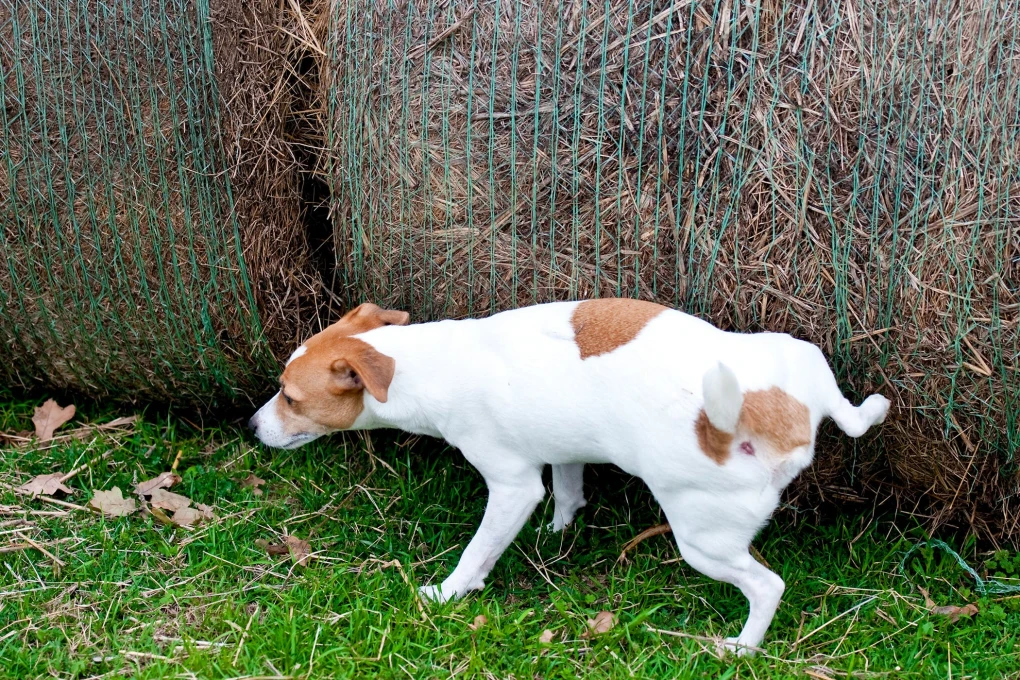How Often Do Dogs Need to Pee? Dog Urination Habits

Understanding your dog's bathroom habits is an important part of responsible pet ownership. One common question that arises is how often dogs need to urinate. While there is no one-size-fits-all answer, several factors influence a dog's urination frequency. In this article, we'll explore the typical urination patterns in dogs, factors that affect their need to pee, and signs to watch for regarding their urinary health.
- Normal Urination Frequency:
The frequency at which dogs need to urinate varies depending on various factors, including age, size, breed, activity level, and overall health. As a general guideline, adult dogs usually need to urinate approximately three to five times a day, while puppies and senior dogs may require more frequent bathroom breaks. - Factors Influencing Urination Frequency:
Several factors can affect a dog's need to pee, including:
- a. Water Intake: Dogs that consume more water will naturally need to urinate more frequently.
- b. Diet: Dogs fed a diet high in moisture content (such as wet food or raw diet) may need to urinate more often than those on a dry kibble diet.
- c. Size and Breed: Smaller dogs typically have smaller bladders, which means they may need to urinate more frequently. Certain breeds may also have different urinary habits due to their physiology.
- d. Age and Health: Puppies, senior dogs, and dogs with certain health conditions may have a higher frequency of urination due to their specific needs.
- House Training and Routine:
Establishing a consistent bathroom routine and properly house training your dog can help regulate their urination patterns. Taking them out for bathroom breaks at regular intervals, especially after meals, playtime, or waking up, can reduce accidents and encourage healthy elimination habits. - Signs of Urinary Issues:
Monitoring your dog's urination patterns is important for detecting potential urinary issues. Keep an eye out for signs such as excessive urination, straining or difficulty while peeing, accidents indoors, blood in the urine, or any other concerning changes. If you notice any abnormalities, it's crucial to consult your veterinarian for a proper diagnosis and treatment. - Individual Variations:
It's essential to remember that every dog is unique, and their urination frequency may deviate slightly from the norm. Pay attention to your dog's individual needs, behaviors, and any changes that may indicate a need for adjustment or veterinary attention.
The frequency of a dog's need to urinate varies based on factors such as age, size, health, and routine. While adult dogs generally urinate three to five times a day, it's crucial to consider individual variations and pay attention to any changes in urinary habits. Establishing a consistent routine and monitoring your dog's overall health are key to ensuring their urinary system functions properly. If you have concerns about your dog's urination patterns, consult with your veterinarian for guidance and any necessary interventions.